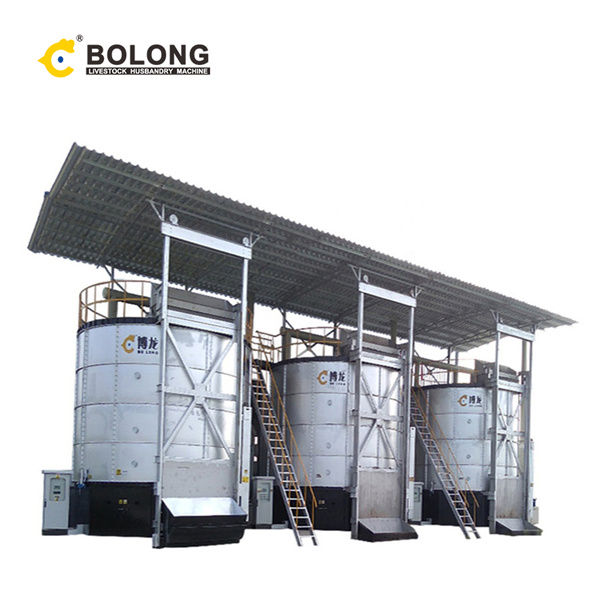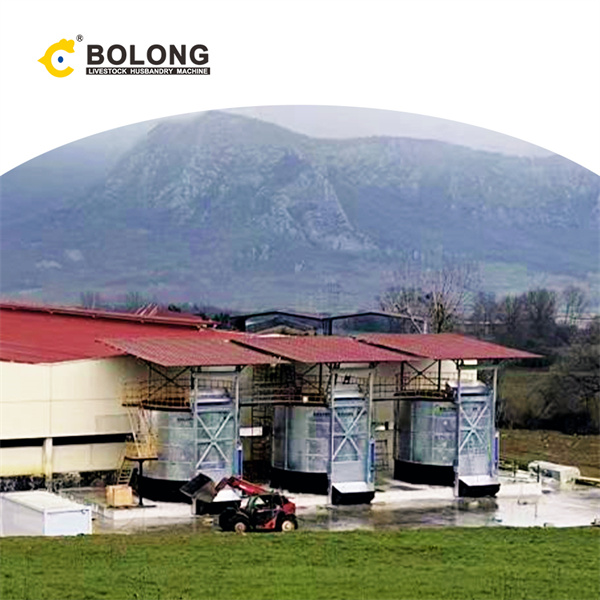Introduction: Regulatory compliance is a critical aspect of livestock farming, particularly concerning manure management. Livestock fermentation tanks help farms meet environmental regulations and improve overall farm management. This article explores how fermentation tanks support regulatory compliance.

Meeting Environmental Standards: Many regions have strict environmental regulations regarding manure management to protect water quality and reduce emissions. Fermentation tanks help farms comply with these standards by providing controlled and efficient manure processing, reducing the risk of nutrient runoff and greenhouse gas emissions.
Odor Management: Regulations often require farms to implement measures to control odors. Fermentation tanks are equipped with advanced odor control systems that capture and treat odorous gases, helping farms meet regulatory requirements and reduce community complaints.
Manure Storage and Handling: Proper storage and handling of manure are crucial for regulatory compliance. Fermentation tanks offer a secure and contained solution for manure storage, minimizing the risk of spillage and environmental contamination.
Case Study: A dairy farm in a region with stringent environmental regulations adopted fermentation tanks to manage its manure. The tanks ensured compliance with regulations by reducing nutrient runoff and emissions. The farm also installed odor control systems that met local standards, improving relations with the community.

Conclusion: Livestock fermentation tanks play a vital role in helping farms meet regulatory requirements for manure management. By providing efficient processing, odor control, and secure storage, these tanks support regulatory compliance and promote responsible farming practices.